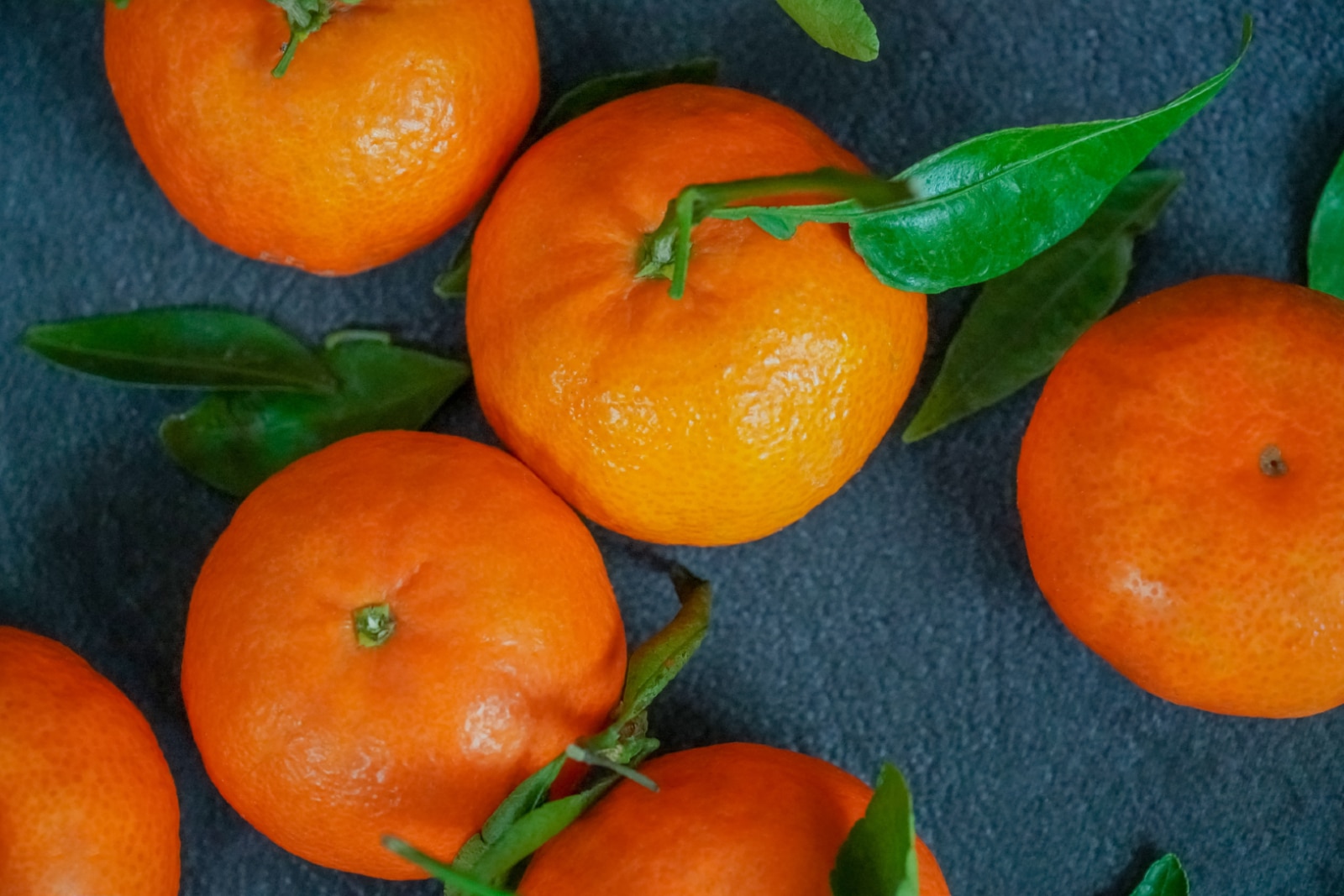
5 Clever Jokes in Japanese to Make Your Friends Laugh
Whether you’re hoping Japanese can get you a job, you’d like to learn enough of the language to travel or you’re just interested in how Japanese people see the world, taking a look at jokes in Japanese can give you a leg up.
Also, if you want to tell and understand jokes, not only will you have to take a closer look at the language, you’ll have to learn what makes Japanese humor unique, thereby gaining cultural insight.
So what are jokes in Japanese like? Let’s take a look!
Contents
Download: This blog post is available as a convenient and portable PDF that you can take anywhere. Click here to get a copy. (Download)
Best Jokes in Japanese
1. “The orange on top of the aluminum can.”
アルミ缶の上にあるみかん。
(あるみかんのうえに ある みかん。)
“Aluminum can” in Japanese is アルミ缶 (あるみかん), where the split between words is あるみ + かん, but if you move the split one syllable to the left (ある + みかん), you end up with ある (there is) and みかん (mikan/mandarin orange).
アルミ缶の上にあるみかん is a full sentence turned into a modifier, “___ that is on top of the aluminum can.” Therefore, the phrase is “The mikan that is on top of the aluminum can,” and arumikan is repeated twice.
2. “Where do the teachers eat and drink? In the staff room!”
(しょくいんは、どこで たべたり のんだりするん?しょくいんしつ で!)
職員 (staff) and 食飲 (eat and drink) are both read as shokuin ( しょくいん ).
So, you end up with:
“Where do the teachers eat and drink? In the staff (eating and drinking) room.”
3. “Japan falls into the sea and makes a splash.”
日本は海に落ちて、ジャッパーン!
(にほんは うみに おちて、じゃっぱーん!)
日本 (にほん) means “Japan,” and ジャッパーン (じゃっぱああああん) is pronounced Jap-paaaaan, and comes from the onomatopoeia チャップン (ちゃっぷん), the sound of a large “sploosh,” or splashing. Therefore, “Japan falls into the sea, and Jap-paaaaan makes a splash.”
The Japanese onomatopoeia sounds like the English word for the country that is falling into the sea. It’s also funny because Japan is an archipelago, so there’s a lot of water.
4. “The futon was blown away.”
布団が吹っ飛んだ。
(ふとんが ふっとんだ。)
布団 (ふとん) is a mattress, and 吹っ飛ぶ (ふっとぶ) is “to be blown off.” As with the first joke about cans and oranges, this is a pun that repeats sounds while changing the meaning.
Unlike the former, the sound changes slightly in this joke: ふとん, or futon, becomes ふっとん(だ), or futton(da), acquiring an extra letter. It still works as a pun, though, as multiplying letters within Japanese words is one way of making them more expressive:
くさい (kusai) — It stinks.
くっさい! (kusssssssai!) — It really f***ing stinks!
ほら!(hora!) — Hey, look here.
オッラア!(orrrrrrrraaaaaaaaaa!!!!) — Hey…up yours.
5. “Thank you, Paprika.”
This joke is a form of しりとり, meaning “word chain” (but literally meaning “taking butts”), a game where one person writes a word, and the next person must write a word that starts with the last character of the previous word:
ありがとう (thank you) leads to…
とうがらし (paprika) which leads to…
羅針盤 (らしんばん, compass)
Generally, only the final character is used in the game. In this case, though, the last sound is used and because it’s a joke, rather than an official game of butt-taking, this transgression is completely viable.
The first half of the word means “thank you.” The latter half means “red pepper” (in some countries, “capsicum” or “paprika”).
Resources to Practice Telling Japanese Jokes
- If you’re looking to improve your Japanese joke-telling skills even further, a good way to do this is by learning it straight from Japanese people themselves. To start with, watching comedy shows is a great way to learn Japanese through TV.
- Another option is the language learning program, FluentU, which uses Japanese-language media with learning tools to teach the language.
FluentU takes authentic videos—like music videos, movie trailers, news and inspiring talks—and turns them into personalized language learning lessons.
You can try FluentU for free for 2 weeks. Check out the website or download the iOS app or Android app.
P.S. Click here to take advantage of our current sale! (Expires at the end of this month.)

Thank you, thank you. I’m here until Tuesday. And now you can tell some Japanese jokes yourself!
Download: This blog post is available as a convenient and portable PDF that you can take anywhere. Click here to get a copy. (Download)
And One More Thing...
If you love learning Japanese with authentic materials, then I should also tell you more about FluentU.
FluentU naturally and gradually eases you into learning Japanese language and culture. You'll learn real Japanese as it's spoken in real life.
FluentU has a broad range of contemporary videos as you'll see below:

FluentU makes these native Japanese videos approachable through interactive transcripts. Tap on any word to look it up instantly.

All definitions have multiple examples, and they're written for Japanese learners like you. Tap to add words you'd like to review to a vocab list.

And FluentU has a learn mode which turns every video into a language learning lesson. You can always swipe left or right to see more examples.

The best part? FluentU keeps track of your vocabulary, and gives you extra practice with difficult words. It'll even remind you when it’s time to review what you’ve learned. You'll have a 100% personalized experience.
Start using the FluentU website on your computer or tablet or, better yet, download the FluentU app from the iTunes or Google Play store. Click here to take advantage of our current sale! (Expires at the end of this month.)



